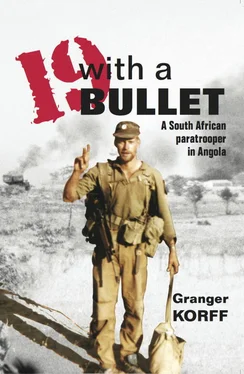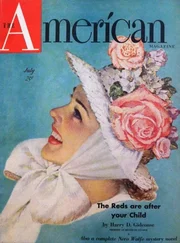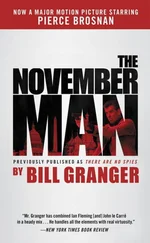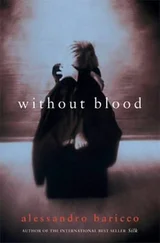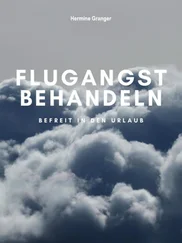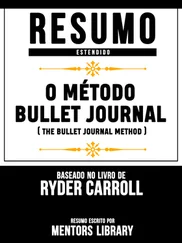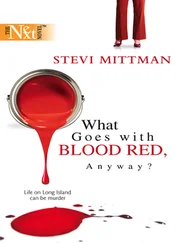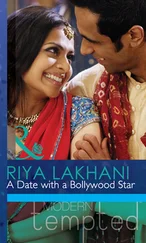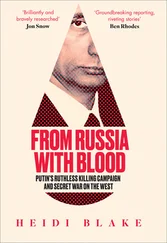Everything was bathed in the soft red of the ‘no jump’ light with only the full moon sending soft white flashes through the windows as the plane rolled up and down, lighting the face of the man opposite you.
“Stand up, hook up!”
We heaved to our feet and fought to keep our balance as the plane lurched and the tail swung to one side, pushing the plane into the wide final turn to the drop zone. A quick kit-check of the man in front of you, and then:
“Stand in the door!”
It was difficult to maintain balance as the old Dakota struggled to slow down to the ideal jumping speed, making us lurch forward with little to hold onto except the man in front. Then the green light came on and there was the long-ringing buzzer, like a smoke alarm, a mad shuffle-run to get to the door and the hard slap on the rump from the dispatcher. Then down into the night, upside down, head over heels through the aircraft’s cold slipstream to be tossed up behind the plane and start falling; all the time trying to maintain a good exit position with knees and feet together and arms over the emergency parachute. Suddenly—and thankfully—the pop as the parachute canopy snaps open, filling with air. Breathlessly you try and do your drills: look up to check if the canopy is fully deployed or whether the guide lines are entwined around each other, or perhaps over the canopy. Everything looks okay—now look down and kick your legs out, pulling the leg straps to a better position, and then jettison the heavy PWC at your hip. With a jerk it drops away, four metres beneath you, as you hold knees and feet together in a good parachute position.
Only then can you relax for a second and look around at the floating canopies around you, or do a Red Indian whoop into the night. Then there’s barely time to get ready as the moon-tanned ground comes rushing up at about forty feet with ground rush, and to roll on good Mother Earth with a crash. It was a training jump, but for a while I was a World War II paratrooper jumping over Normandy on the night of June 6, 1944… D-Day.
On the day of our last jump, our families were allowed to come and watch the jump and we were all, unceremoniously, handed our maroon berets and fabric wings to sew on the berets. And that was that. I was finally a paratrooper.
I felt great, and we headed home for a long-weekend pass. It was only my second pass in 16 weeks, and it was great to be back in Civvy Street again. The farm was winter-dry and brown; the tall trees stood nakedly against the cold winter sky. It was great to have mom’s home-cooked stew again and to chat and joke with the black workers and hear what had been going on with them, and in the area generally.
My father was pleased that I had got my wings. We had a few whiskies together as I told him what I had been up to. He told me that they had all heard about Operation Sceptic on the news, that it had been a big operation and a great success. He also gave me the latest news on what was going on in South Africa. He said there had been quite a few bomb blasts in downtown Johannesburg, and that the ANC was to blame. They were stepping up their campaign against the apartheid government.
We all vaguely knew that the apartheid system in South Africa was wrong and would have to change one day; but likewise, everybody also knew that to accede to majority rule, then the banned African National Congress would surely rule. They and their jailed leader Mandela had direct communist links. Their small band of ‘freedom fighters’, or terrorists—or whatever you wanted to call them—were being trained and supplied by a host of communist countries that backed the whole anti-apartheid struggle. Red stars and hammer-and-sickle flags were waved openly and enthusiastically at large rallies in the townships for the whole world to see. The world saw it as a black-versus-white thing, South Africa as an evil white empire, trying to keep the noble black man down. We saw a party, the ANC, with strong communist ties that would take over the country if there was the muchclamoured-for ‘one-man-one-vote’.
“If the ANC gets control of the government the country is fucked!” my father said with feeling as he cleaned his FN rifle, his Sunday-morning ritual. He was one of the best shots in his reserve regiment, with a stack of trophies.
“These guys want to nationalize all the gold mines and big industry in the country. Next minute we’ll be communist.”
“But we can’t keep them down forever, pa,” I argued, playing devil’s advocate. “The blacks live better here than anywhere else in Africa; we bend over backwards to help them with jobs and housing, and they just fuck everything up… but they are the majority.”
“I say… tell the world to mind their own business, and let us look after ours. If it wasn’t for the whites, this country would be like Zambia or bloody Ghana.” He ran the rod through the barrel, sipped on his Hansa lager, and gave Taina a smile as she walked onto the verandah.
“Free Mandela…free Mandela. Mandela belongs where he is, in jail. He’s the one that’s connected to these communist countries.”
I looked out over the large well-kept garden with its sweeping lawns and beautiful flowerbeds. The huge hedge was brown with the winter dust from the dirt roads, the birds were chattering in the tall bushes and doves cooed in the high trees that surrounded the park-like garden. The winter morning sun was weak but warm on my forearms and made Taina’s large green eyes twinkle as she held up her hand to shield the rays and squint at me in the way that wrinkled up her pretty nose.
“And that’s not counting what’s going on at the border with you guys,” my dad carried on. “There are 40,000 or more Cuban troops on our doorstep, helping SWAPO and the MPLA. We’re surrounded by communists and the world wants us to hand over the country to the ‘people’.” He shook his head.
I wasn’t thinking about communists anymore, and looked at Taina, thinking how she had filled out in the last couple of months. It seemed that she had matured a lot; she sat in the chair and gazed at me flirtatiously. I knew that look and the way that her lips puckered. I couldn’t wait for my mother to serve up brunch out on the garden table so that Taina and I could disappear for a while and catch up on four lost months.
1 RECONNAISSANCE COMMANDO SELECTION COURSE
Walk like a man—Grand Funk Railroad
Walking in the thick, white Caprivi Strip sand was hard, and the mortar case filled with cement on my back made it all the harder. I had eaten two meals in the last ten days and had walked almost 150 kilometres. The three weeks before that, we’d had the luxury of a meal every third day. So, in a month, we had had 12 small meals and walked about 500 kilometres.
It had been Hans’s idea that we volunteer for 1 Reconnaissance Commando when they came around looking for a few good men. These were the elite— the guys who dropped hundreds of kilometres inside Angola or Mozambique in four-man teams for months at a time, observing the enemy and blowing up bridges and installations. These boys were the real thing, legendary in South Africa and around the world. We where impressed with the movies they showed us of camouflaged soldiers doing HALO drops from 20,000 feet in the middle of the night; small sticks of men sneaking around the bush watching every enemy movement. It sounded pretty exciting, so John Delaney, Hans and I casually put our names down and were surprised when a month later, after we had almost forgotten about it, we were told that the three of us were among six who had been selected from around 30 applicants from 1 Parachute Battalion to undertake the fearsome Recce selection course, and that we were to leave the next day.
Читать дальше
